The world in brief
Catch up quickly on the global stories that matter
Hamas freed two American hostages captured during its assault on Israel a fortnight ago. The hostages, a mother and daughter, were released after mediation efforts by Qatar. Binyamin Netanyahu, Israel’s prime minister, vowed to “return all of the kidnapped” and said his forces would keep fighting “till victory”. Earlier President Joe Biden asked Congress to approve an aid package worth $105bn, which includes money and weapons for Israel and Ukraine, as well as humanitarian assistance for Gaza.
Joe Biden said aid would be delivered to the Gaza Strip “in the next 24 to 48 hours”. The besieged enclave was due to receive water, food and medicine via the Rafah border crossing on Friday. Deliveries were held up because of road-maintenance work, according to Mr Biden. The UN’s secretary-general, António Guterres, visited the Egyptian side of the crossing and called for aid to be delivered “as soon as possible”.
Justin Trudeau, Canada’s prime minister, said that India’s crackdown on Canadian diplomats was hurting “millions of people”. On Thursday Canada withdrew 41 diplomats after India threatened to revoke their diplomatic status. Relations between the two countries have deteriorated since Canada accused India of murdering a Canadian Sikh separatist leader. India denies the allegation. America urged India not to reduce Canada’s diplomatic presence and to support its investigation.
Shawn Fain, the leader of United Auto Workers, an American trade union, said there is “more to be won” in negotiations with Detroit’s “big three” carmakers. Chrysler, General Motors and Ford have offered workers—who have been on strike for five weeks over improved wages—a 23% increase in hourly pay. Mr Fain said that although the offers were “record contracts” they were not good enough.
Nawaz Sharif, a three-time former prime minister of Pakistan, returned after four years of self-imposed exile. Mr Sharif was deposed and imprisoned for corruption after falling out with Pakistan’s powerful army, but was granted bail on medical grounds in 2019. He is expected to seek re-election, possibly with the army’s blessing, in a vote due to take place in January.
Another defendant pleaded guilty in the Georgia racketeering case which alleges there was a conspiracy to overturn the 2020 election in favour of Donald Trump. Kenneth Chesebro is the third co-defendant to take a plea deal, following Sidney Powell, another lawyer, and Scott Hall, a bondsman. All agreed to testify against the remaining defendants, including Mr Trump, who will probably stand trial next year.
Striking Hollywood actors will have to think carefully about their costumes for this year’s Halloween. In guidance released on Wednesday, the SAG-AFTRA union said that to be supportive of the strike, union members should dress up as generalised figures, such as ghosts and zombies, or as animated television characters. The strike has been going for nearly 100 days.
Word of the week: punteros, middlemen in charge of distributing social handouts in Argentina. Read the full story.
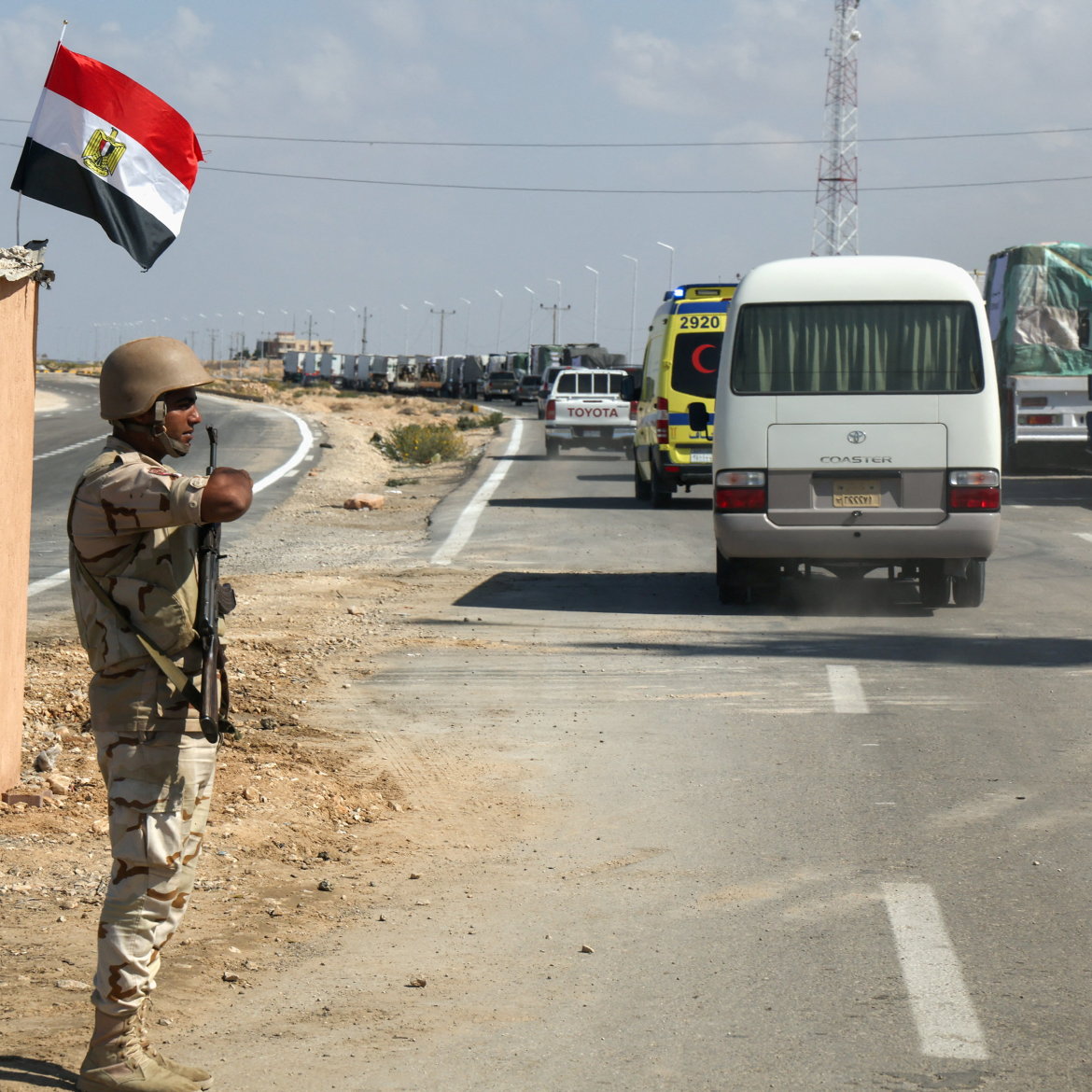
A hamstrung peace summit in Egypt
The delegates gathering in Cairo on Saturday, from Arab countries and elsewhere, have an ambitious agenda: ending the war in Gaza, now in its third week. But it is probably a wasted effort. On Thursday Yoav Gallant, Israel’s defence minister, said a ground offensive would soon start. “You will see [Gaza] from the inside,” he told troops massed on the border.
If the summit achieves anything, it will probably be to secure pledges of support for the 2m Palestinians under siege in Gaza since October 7th. Food, water and fuel are running out. After Israel agreed to lift its veto on the shipments, hopes were that some aid would start to flow across Egypt’s border with Gaza on Friday, but disagreements over how to screen supplies held up deliveries. Even the promised aid—20 lorries a day—would be just one-fifth of what the UN says is needed. The conference will not end the war, but mitigating its deadly consequences would be no small feat either.

The final days of Ukraine’s counter-offensive
Ukrainian forces have perhaps just a couple more weeks before their counter-offensive gets stuck in the autumnal mud. They may make one final push before time runs out: Russian military bloggers worry about an apparent build-up of troops on the Ukrainian-held bank of the Dnieper in the southern Kherson province, and the intermittent raids that Ukraine has carried out on the Russian-occupied side. Ukraine is possibly seeking to draw Russian forces away from the neighbouring Zaporizhia region. That could allow Ukraine to push towards the city of Tokmak, the recapture of which has become the minimum objective for the counter-offensive.
In truth, Ukraine will probably not achieve the goal, underlining the fact that its offensive has failed to produce large territorial gains. Still, the months-long assault has not necessarily come to nothing. The Ukrainians have inflicted heavy losses of equipment and men on their enemy. That will hinder Russia’s ability to go on the offensive again when the mud dries up.
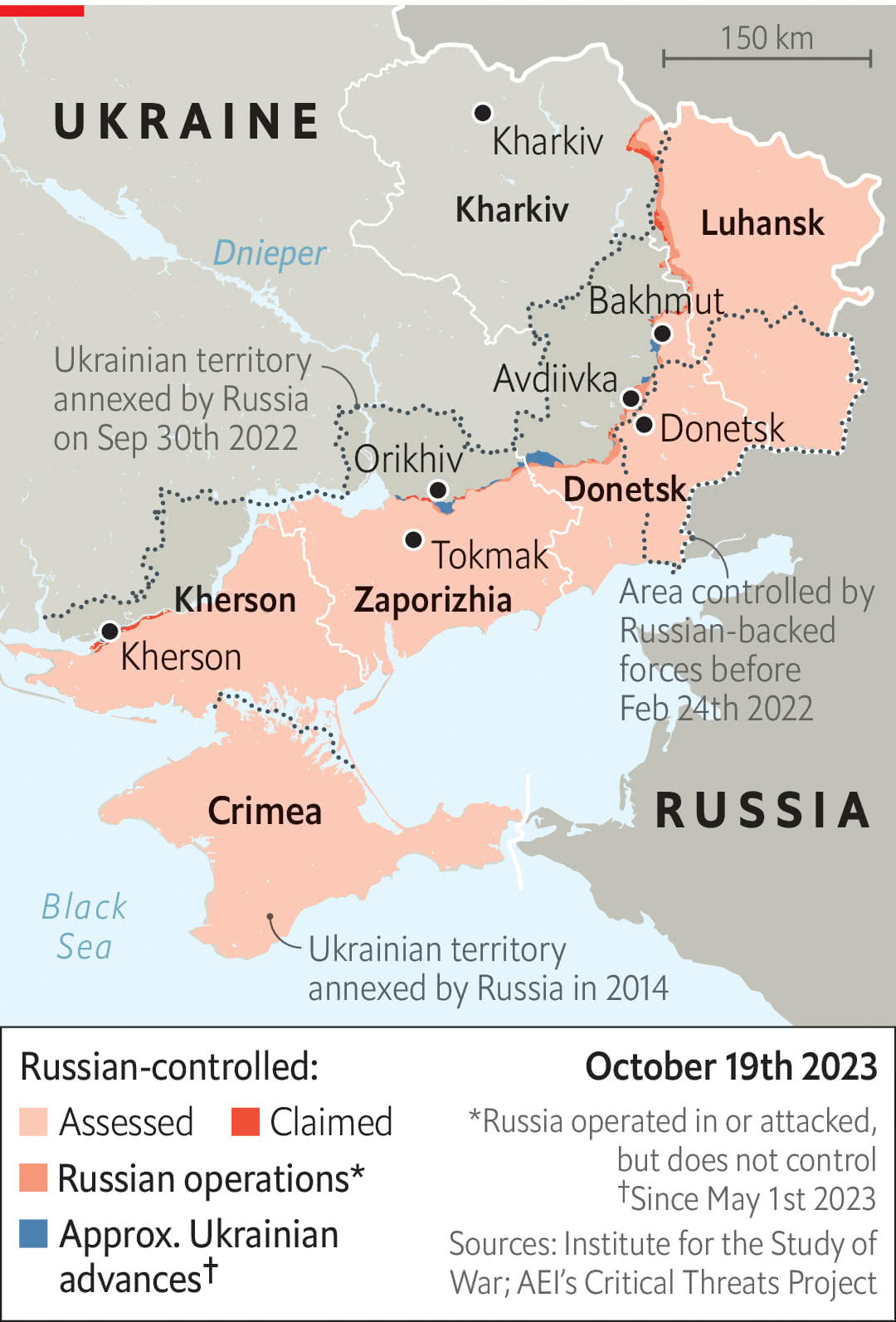

The champions’ woes at the Cricket World Cup
England are in trouble at the Cricket World Cup in India. Not since 1999 have the defending champions been kicked out at the group stage, but England are on the brink. During defeats to New Zealand and Afghanistan, the English batsmen—known for their aggression in recent years—were unusually timid. The bowlers, usually economical, conceded too many runs. The deeper problem could be motivation. The win in 2019 may have sated the hunger of the team, which is also the oldest in the competition.
On Saturday they face an effective eliminator against South Africa, themselves in danger of crashing out. The competition’s 15-man squads mean teams can make few changes. But England are hoping one will be enough: the reintroduction of Ben Stokes (pictured), their talismanic batsman who has been missing due to a hip injury. Mr Stokes has a history of dragging England out of holes. With six crucial games to go, Mr Stokes will have to do a lot of lifting.
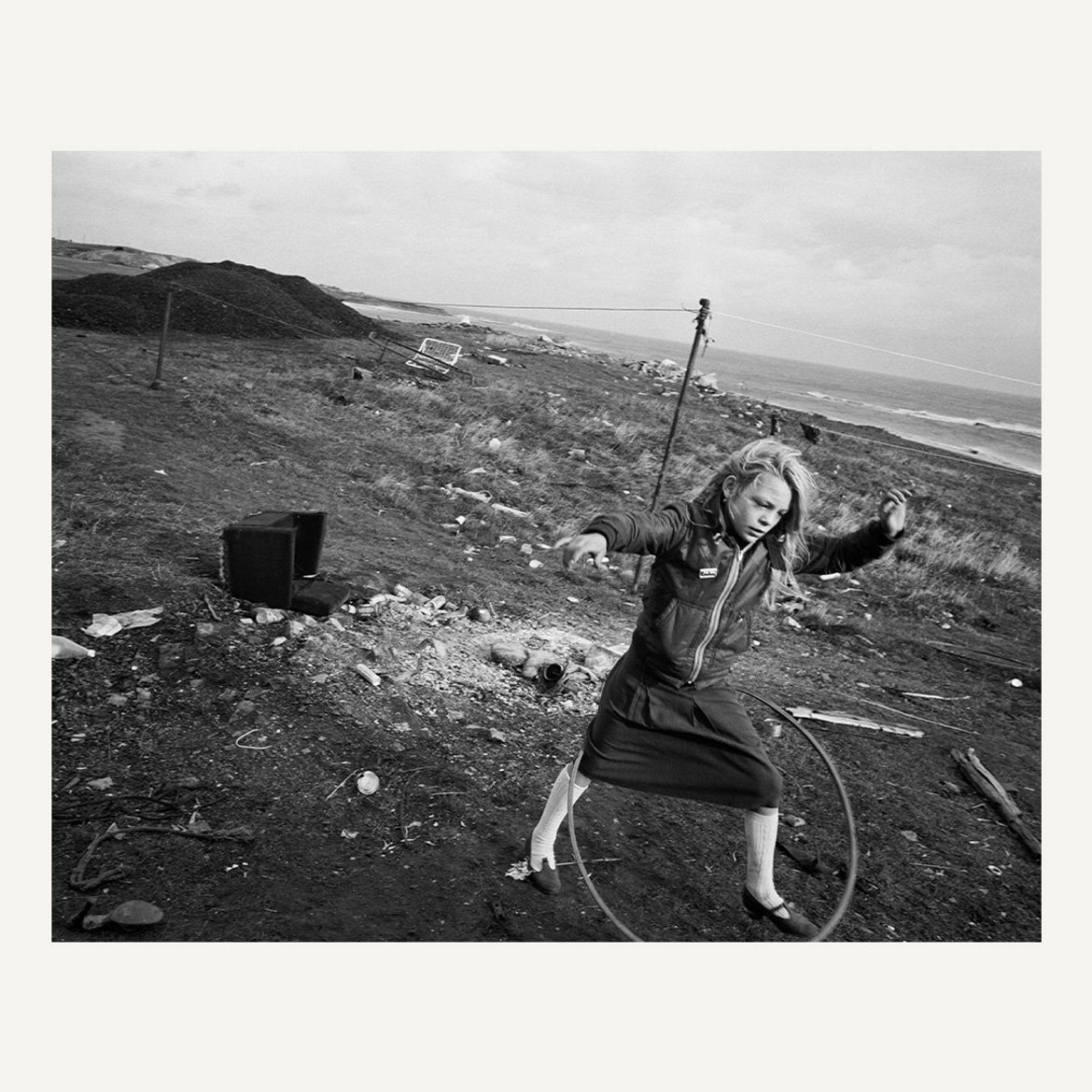
Radical, complicated English landscapes
Grey and gloomy, green and lush: Britain’s countryside has many faces and moods. That variety will be on display at “Radical Landscapes”, an exhibition about “art inspired by the land”, which opens on Saturday at the William Morris Gallery in London.
The exhibit will show more than 60 works. A young girl with windswept hair hula-hoops in Northumberland, rubbish and debris scattered about her, in a photograph taken by Chris Killip in 1984. Purple smoke obscures a vibrant orange sunset in south London in a painting from 1876 by John Ruskin. John Constable’s canvas of the Stour, from 1816, features a boy at work, a nod to the livelihood the river afforded his father, a miller.
Morris, a textile designer, who in the 1860s built one of the world’s first global brands, was an early environmentalist. All of the “earth’s inhabitable surface” is beautiful, he said. “If we men will only abstain from wilfully destroying that beauty.”
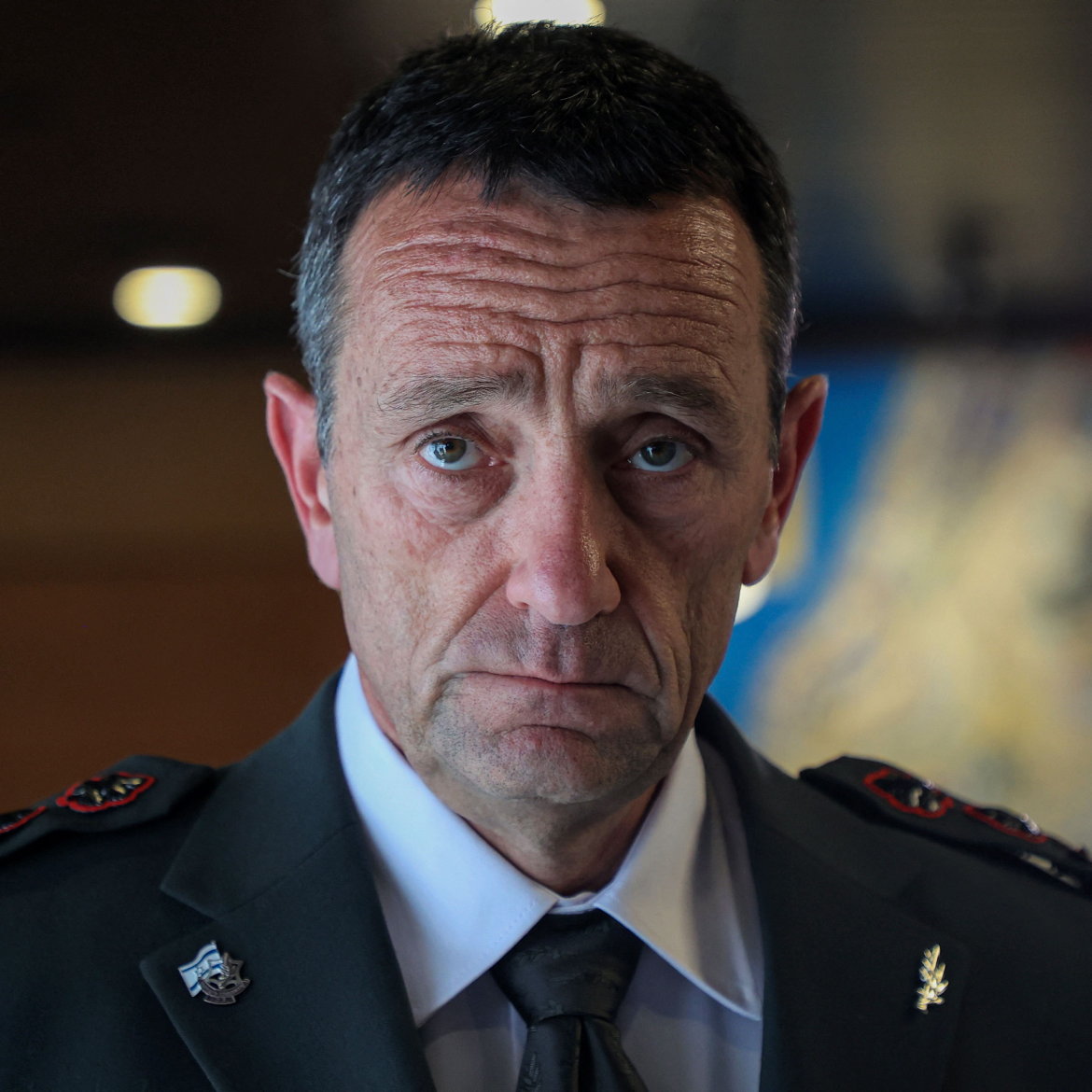
Weekend profile: Herzi Halevi, Israel’s battle chief
On October 18th Lieutenant-General Herzi Halevi met pilots of an Israeli air-force squadron that had just carried out the targeted assassination of a senior Hamas commander. General Halevi, the chief of staff of the Israel Defence Forces, congratulated them on the killing of one of the men Israel believes led Hamas’s devastating terror attack on October 7th, in which around 1,400 people were killed—the heaviest loss of life in Israel in a single day. “We are working by the rules,” he said. “We’re all angry, but we’re using our heads. Fighting decisively and staying human beings.”
General Halevi was named for his uncle, a paratrooper killed in the six-day war between Israel and its Arab neighbours in 1967. He was drafted into the IDF in 1985, and has spent most of his 38-year military career as a paratrooper and special-forces officer at the sharp end of Israel’s operations in Gaza and Lebanon. That made him a stickler for discipline and military ethics. After Israel’s ground offensive in Gaza in 2008-09, he criticised other field commanders who had not set “moral standards” for their soldiers going into battle.
Now he is in command of armed forces that have more than tripled in size with the call-up of 360,000 reservists. It is expected to launch a major ground offensive in Gaza to destroy Hamas’s military and leadership capabilities imminently. But General Halevi is leading the Israeli army into battle with two huge burdens on his back. First, the mission of eradicating Hamas from Gaza cannot be achieved without widespread destruction and a heavy death toll in the north of the crowded coastal strip, testing his commitment to abiding by the laws of war. Second, General Halevi bears some responsibility for the failure to foresee Hamas’s attack.
He has already acknowledged that failure. “The IDF is responsible for the security of the country and its citizens,” he said in a public statement. “And on Saturday morning in the area surrounding the Gaza Strip, we did not handle it.” Those who know him well insist he will resign once the battle is over. But for now, he will fight one last war.

Weekly crossword
Our crossword has two sets of clues, one for seasoned cruciverbalists and the other for less experienced solvers. Both give the same answers, all of which feature in articles in this week’s edition of The Economist:
Cryptic clues
1 down Misguidedly enable cheat’s account (7,5)
1 across Pest’s tap on bottom (6)
2 across Head chef consumes last piece of spaghetti (5)
3 across Excavate underpass (6)
Factual clues
1 down What may not show an accurate representation of Chinese businesses’ debts (7,5)
1 across An unwelcome travel companion on the Paris Metro (6)
2 across A class of American executive who may be being paid too much (5)
3 across The type of network Hamas uses beneath Gaza (6)
Email all four answers, along with your home city and country, by 9am GMT on Monday to [email protected]. We will pick randomly from those with the right answers and crown three winners in next week’s edition.
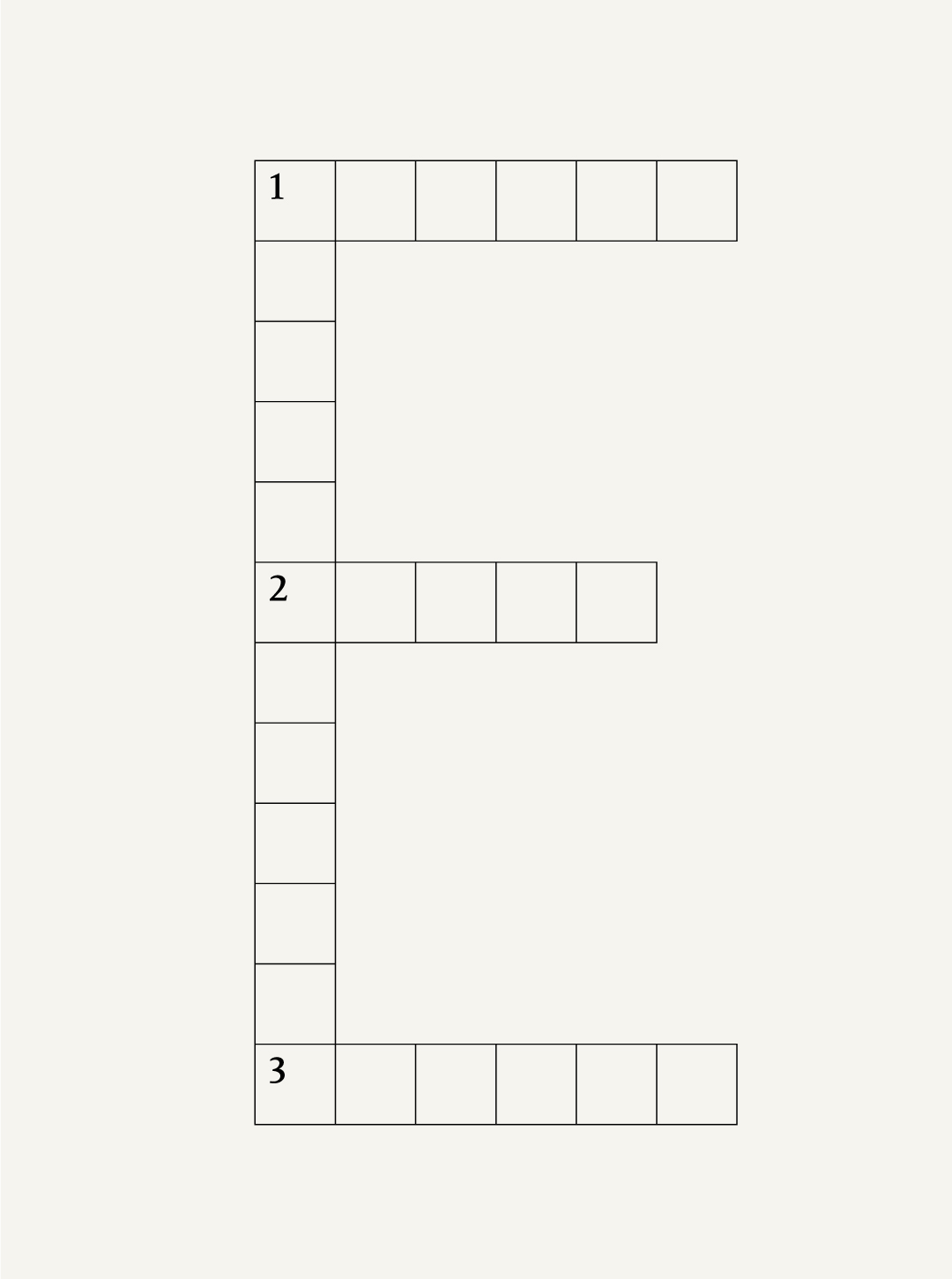

The winners of this week’s quiz
Thank you to everyone who took part in this week’s quiz. The winners, chosen at random, were:
Cath McHattie, Ayr, Scotland
Nu Fate, Chicago, America
Nils Pearce, Kwa-Dukuza, South Africa
They all gave the correct answers of Yosemite Sam, Victor Hugo, Enzo Ferrari, Louis and Rick Perry. The theme is characters in the movie “Casablanca”: Sam, Victor Laszlo, Signor Ferrari, Louis Renault and Rick Blaine.
It is good to have an end to journey towards, but it is the journey that matters in the end.
Ursula Le Guin